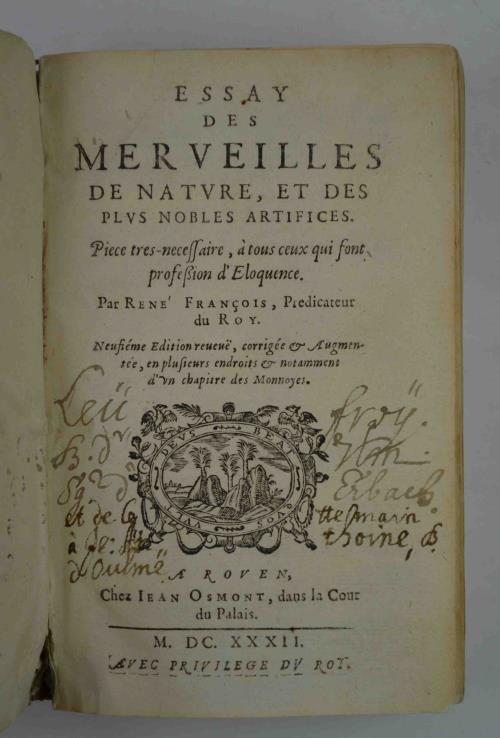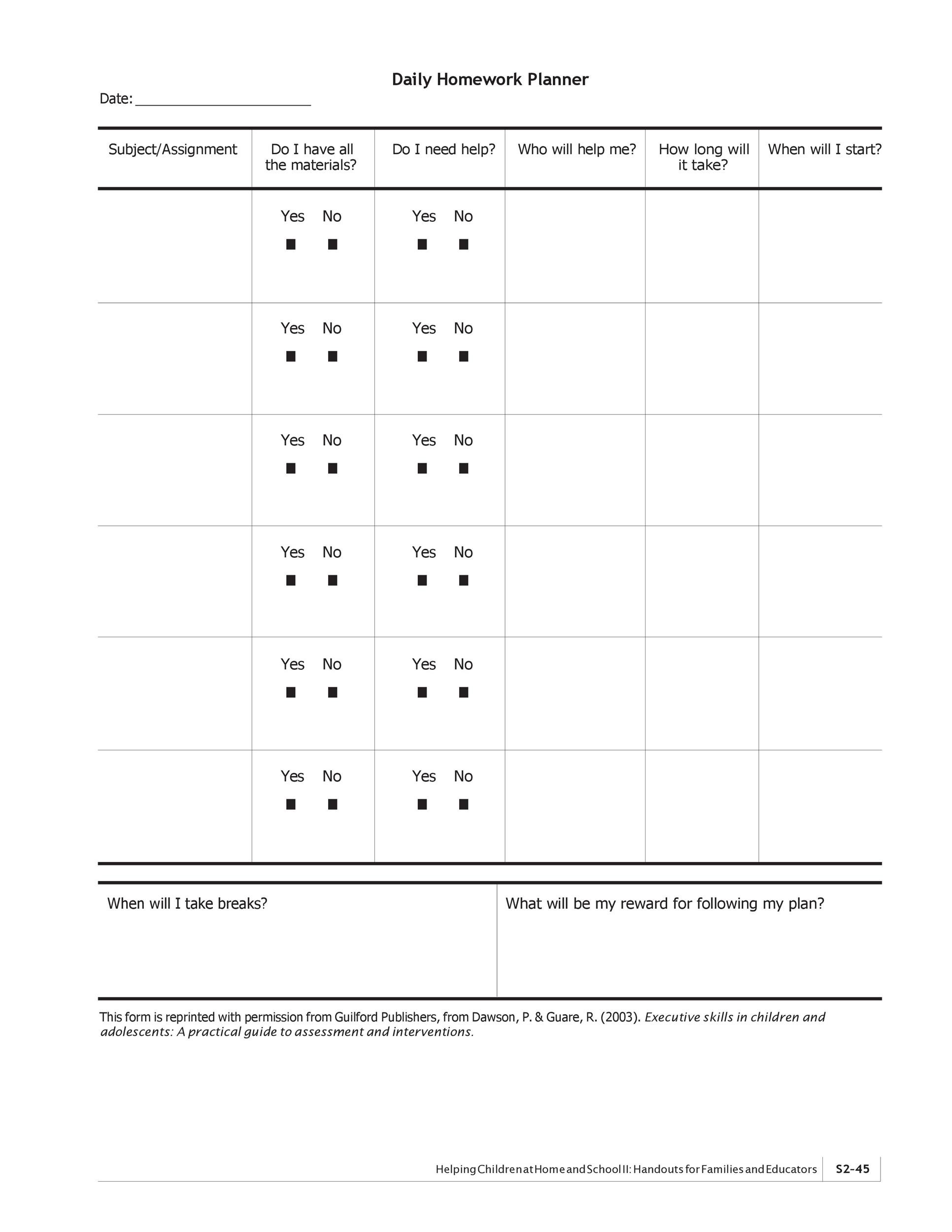Malthus and Boserup Population Theory Free Essays.
Malthus and Boserup Population Theory MALTHUS AND BOSERUP The world population is the total number of living humans on the planet Earth.Recently the world has just hit over 7 billion people.It is expected that if the worlds population continues to increase at the rate it is doing now, then we will become overpopulated.
Thomas Malthus in late eighteenth century Britain, and the other from the Danish economist Ester Boserup in the mid-twentieth century.

Throughout history geographers have tried to understand the connection between population dynamics and the environment. By analyzing this newspaper article by Hannah Waters, we are able to grasp the fundamental ideas of Paul Ehrlich as well as Julian.

Thomas Malthus and Esther Boserup There have been 2 major contributors to the idea of the balance between population and resources, pessimistic (doom and gloom) of Thomas Malthus and the optimism (the glass is half full!) attitudes of Esther Boserup. Malthus lived in the 18 th century and wrote an essay on the principles of population.

What is the difference between malthus and boserup theories? Unanswered Questions What is the particular type of processor model and operating system on which a computer is based called.

This Ester Boserup Essay example is published for educational and informational purposes only. If you need a custom essay or research paper on this topic, please use our writing services.EssayEmpire.com offers reliable custom essay writing services that can help you to receive high grades and impress your professors with the quality of each essay or research paper you hand in.

Boserup versus Malthus: does population pressure drive agricultural intensification? Evidence from Burundi 1. Introduction Many regions in Sub-Saharan Africa have experienced a substantial increase in rural population densities in the last decade. Yet, few regions can increase food production through expanding arable.

What Is the Ester Boserup Theory? For more than two centuries, population growth centered around a theory proposed by Thomas Malthus. He suggested that if human populations continued to grow, then food production would be unable to keep up with the demands placed upon it.

Start studying Malthus and Boserup - Overpopulation. Learn vocabulary, terms, and more with flashcards, games, and other study tools.

In his 1798 book An Essay on the Principle of Population, Malthus observed that an increase in a nation's food production improved the well-being of the populace, but the improvement was temporary because it led to population growth, which in turn restored the original per capita production level.

Thomas Malthus (1766-1834) Add image to my collection Malthus was a clergyman and political economist whose controversial views on population growth made him a pivotal figure throughout the 1800s and beyond.

Thomas Robert Malthus has 91 books on Goodreads with 6523 ratings. Thomas Robert Malthus’s most popular book is An Essay on the Principle of Population.

Boserup Ester Boserup stated that Malthus was wrong as the increasing population would lead to a higher demand for food and therefore stimulate changes in agricultural methods. Changes could include more than one harvest a year, use of fertilisers and irrigation.



